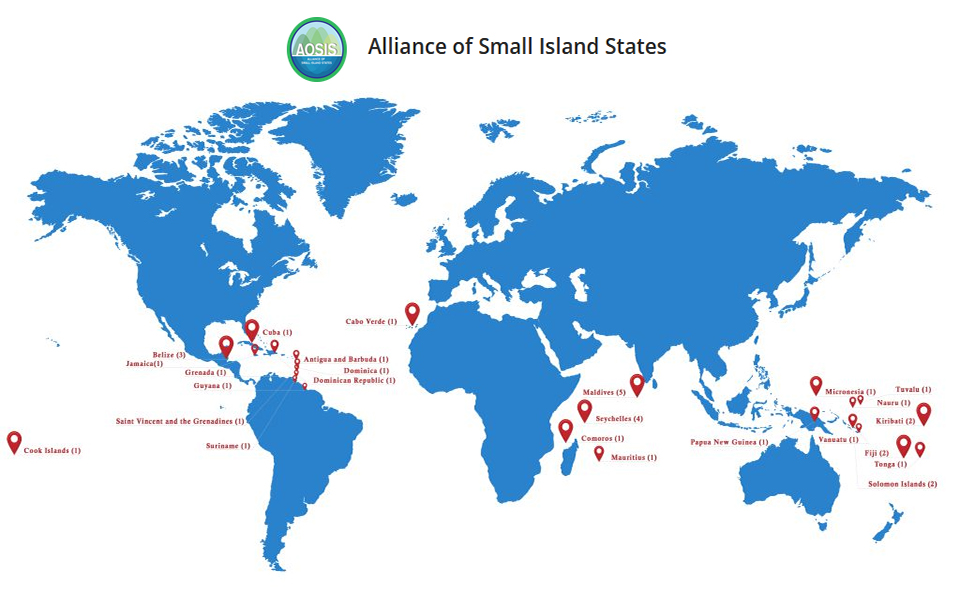 |
 |
|
March 29, 2024 Propelling Humanity To Justice “The best beloved of all things in My sight is Justice; turn not away therefrom if thou desirest Me, and neglect it not that I may confide in thee…. Verily justice is My gift to thee and the sign of My loving-kindness. Set it then before thine eyes.” — The Hidden Words
of Bahá’u’lláh
“The principle of the Oneness of Mankind, as proclaimed by Bahá’u’lláh, carries with it no more and no less than a solemn assertion that attainment to this final stage in this stupendous evolution is not only necessary but inevitable…” — Shoghi Effendi,
The World Order of Bahá’u’lláh (1938)

When discussing the book that grew out of his 2017 Massey Lectures -- In Search of a Better World: A Human Rights Odyssey – Payam Akhavan began his "Big Ideas" talk to about 130 people in the Ottawa Bahá’í Centre and attending virtually, by telling the story of Mona Mahmudnizhad. Summer 2023 marked 40 years since the shocking executions of 10 Bahá’í women in Shiraz, Iran. Mona was 16 when arrested (her “crimes” were teaching children and writing school essays). Her refusal to be cowed by tyrannical threats galvanized young people around the globe. Akhavan, about Mona’s age, living comfortably in Canada after his own family’s escape from Iran, was among them. He often frames his educational achievements (Doctor of Juridical Science, Harvard) and career accomplishments (McGill University Professor of Law, Special Advisor on Genocide to the International Criminal Court) as inspired by Mona’s suffering and sacrifice. “All the forces of history are propelling humanity towards peace and justice,” Payam Akhavan proclaimed early in his talk, “Climate Change and Small Island States.” Considering that a harrowing chunk of his professional life has been devoted to prosecuting contemporary war criminals, and that he currently advocates for island nations whose very existence is threatened by rising sea levels, his ultimate optimism is remarkable. But he is no wishful thinker: he describes our world’s turbulence and pain as symptoms of the chaotic adolescence of a human race struggling for maturity and points out that global peace and justice will not be achieved without influential global institutions. They are under construction! From the 1899 Hague Conference calling for war’s elimination came the 1913 opening of the Peace Palace the Great War prompted formation of the League of Nations, and from the Second World War’s carnage arose the stronger (though still inadequate) United Nations; and, of course, the remarkable first prosecutions, in which Akhavan participated, of Balkan War criminals by the International Court of Justice. But still, “We need far more robust institutions. Climate change is the game-changer because nature’s laws are much more compelling than ours!” Climate change, Akhavan continued, “is a matter of our common survival, and highlights that we have one world and one human population.”  We must think in global terms, and the “non-binding, vague commitments” of nations regarding the climate emergency are insufficient. Contrary to what several world leaders have implied or stated outright, our consumerist way of life is on trial, and "we must reimagine the world." Akhavan draws hope from the progress achieved, from the initial climate action framework supplied by the 1992 Earth Summit in Rio de Janeiro to the annual Conferences of the Parties (COP) that slowly colour in that sketchy framework. COP 21 in Paris (2015) was an especially strong statement of international principles of climate change action, and at COP 26 in Glasgow, the Association of Small Island States (AOSIS, such as Tuvalu, Antigua and Barbuda, and Vanuatu) loudly rang the alarm bell and stated their intention to seek redress from international courts. There are strong precedents. A 1941 decision against a Trail, B.C. smelter established the principle of cross-border harm in which "the polluter pays," and the International Tribunal for the Law of the Sea promotes a now well-established principle of care for the health of the oceans. The growing number of small-island states gained a remarkable amount of global attention in what Akhavan termed “perhaps the only meaningful progress to come out” of COP 26 in Glasgow (2021) and Egypt’s COP 27. In 2023, the United Nations General Assembly adopted a resolution on the desperate appeal of the Commission of Small Island States; later in 2023, Payam Akhavan was the lead counsel for COSIS at the International Court of Justice. The opinion of the ICJ is expected sometime in the spring of 2024… In the course of answering a series of questions after his formal presentation, Akhavan mentioned several other state-to-state and international processes that seek climate justice. Notably, he consults on the desperate situation of Bangladesh, where 40 million of its 170 million people are immediately impacted by climate depredations. Meanwhile, the United States military has long worried about the inundation of its Norfolk, Virginia naval yards. These are among many dark tales of climate woes, new and ongoing, but Akhavan asks, “What is the opportunity that they present? It is the need to reimagine the world, to radically alter our ways of life.” Most importantly, he argues, “Creating a civilization based on spiritual ideals is not a naïve hope but rather a necessary step in the survival of our societies.” |
|
|